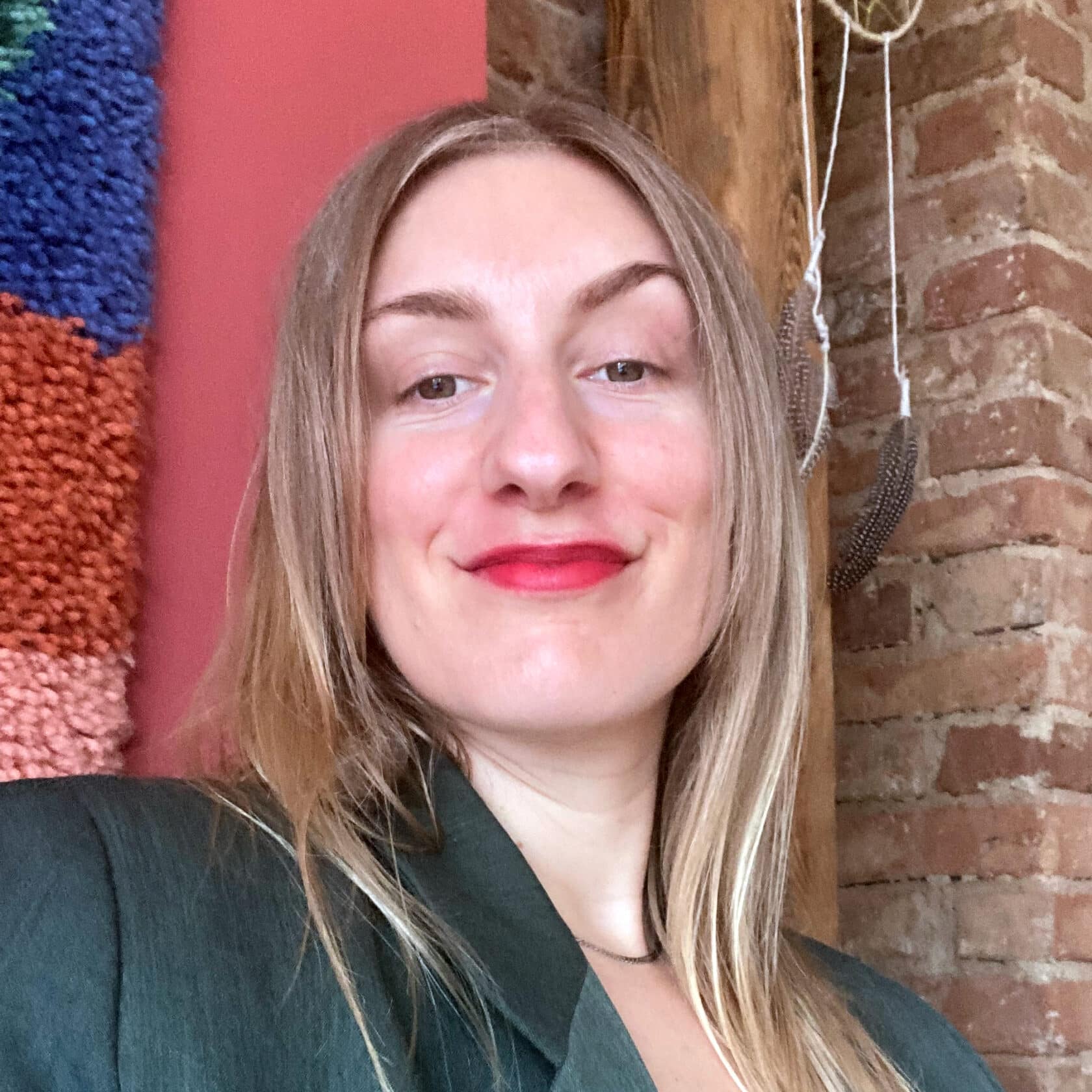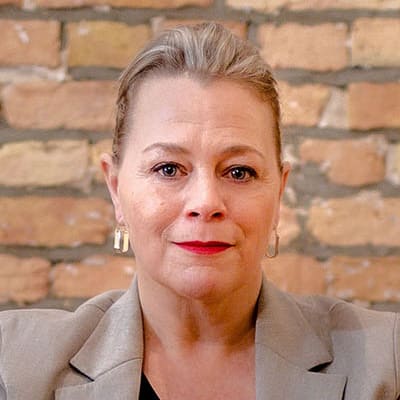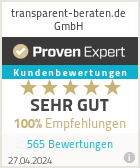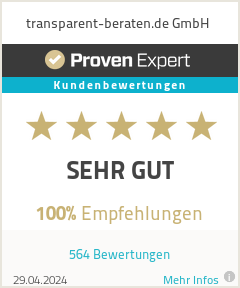
Nicole:
Can you tell our audience in your own words who you are and what it is you do?
Susie:
I’m the CEO and co-founder of SINGE, a portfolio company that develops hybrid live+tech solutions for overlooked markets with a focus on gender equity and migration. Our COO and co-founder is Rithika Punj, and we have several products in development at the moment, and our first go-to-market product is „Pretty Deadly Self Defense“, a course curriculum for fitness studios that revolutionizes the way women learn self defense.


Nicole:
Since this series aims to deliver transparent advice, let’s jump right into the nitty-gritty – what was one of the biggest failures you had when first starting out on your career path? What was the outcome?
Susie:
Not networking enough, not asking for help, and not knowing how to ask for help. I know that sounds like three things, but I see them as part of the same continuum. A large part of every success story is who you know. But that doesn’t mean you have to know the „right“ people — what it means is that you need to get out there and talk to people about your idea, your business, your passion. „Who you know“ can be interpreted quantitatively, too. I’m naturally shy, and it takes me a while to feel comfortable in a group. While it’s important to acknowledge shyness, introversion and all of these things, being an entrepreneur is pretty much 100% going outside your comfort zone, 100% of the time. If you don’t have a network, or a large enough network, there is no one to ask for help. By „not knowing how to ask“ I don’t mean being too proud to ask, I mean not being able to articulate what kind of help I needed. I shut my first two ventures down because I had no idea how to execute my business plan or who I needed to help execute it. My second venture was actually almost acquired not long after I launched it, but I had no clue how to continue the conversation or close the deal. Being an entrepreneur of any kind means having to learn the language of business, growth, markets, accounting, investment, so that you can communicate with others in business and get the help you need, whether it’s staff, co-founders, tech support, marketing or funding. If you’re new to entrepreneurship, you really have to meet them where they are, and that means doing a bit of homework and learning the language.


Nicole:
What is one piece of advice that has helped carry you through the hard times?
Susie:
There are actually two examples that I keep in mind that go hand-in-hand for me:
1) A young consultant I met once said to me, most people’s business model is: hope, but „hope“ is not an actual plan.
2) If you wake up thirsty with no direction in mind, there is a chance you will wander into the kitchen at some point during the day and, while you’re there, a chance you’ll get a glass of water. But if you wake up thirsty and think, I need a glass of water, you will walk to the kitchen and pour yourself a glass of water — you reduce chance by 75%. If you wake up thirsty and think, I need a glass of water, and picture yourself going to the kitchen, filling up a glass and drinking it, you’ll reduce chance by 99%. Having an intention is a great start, a plan even better, and a roadmap best. Also: visualization really does work.


Nicole:
Is there a piece of advice a family member or mentor gave you early on that you didn’t follow? What was the consequence or outcome?
Susie:
My dad told me once, do what you want, and don’t worry about what other people think. I didn’t follow it because I over-analyzed it, although to be fair to myself, the over-analyzation taught me something else that was equally important. The outcome of not following the simpler interpretation of my dad’s advice kind of reflects the over-analyzation: I over-complicated things, worried too much, and was too hesitant. I’ve lost opportunities to grow as a result, and looking back, that really hurts, because I also learned that all the people who’s opinions I was so worried about, never gave me a second thought at all. So it was a pretty big waste of time and energy, to be honest. Your partner, your close friends, and your family should care about you so much that they do think about you, and think about what you’re doing with your life. In healthy relationships, they want the best for you and they’ll help you get there. But beyond your closest circle, nobody’s really thinking about you beyond their interaction with you, so: just do it. Because they honestly don’t care! (Obviously, as an entrepreneur, you do need them to care about what you’re selling – but that’s different from caring about you.)


Nicole:
Is there anything about your journey that you would do differently, knowing what you know now?
Susie:
I would have been a bit more patient, and taken some more time to learn different aspects of business. A lot of what I’ve done to establish and grow my business has been instinctive, although it turns out that my instincts were following a pretty classic entrepreneur’s path. I’m glad for that, but I can also see how taking the time to really learn these things would have made the journey smoother, and easier.


Nicole:
What are some of the biggest barriers you have faced on your journey – internal and external ones?
Susie:
My life’s journey has taken a lot of twists and turns: I didn’t finish college, I’ve been homeless, I’ve experience violence, I’ve moved countries twice… the list is kind of long, but let’s sum it up with: I have lived mostly outside the mainstream. Because I was entering entrepreneurship from outside that circle, I told myself that I didn’t belong there, and therefore had to be clever about building a successful business. I think that’s a common belief among people who have unconventional backgrounds. Unfortunately, clinging to that belief means you’re going to work twice as much and twice as hard for no real reason, as I know now. This is pretty fertile ground for imposter syndrome as well, which I’ve had my fair share of. And here’s where I’ve seen imposter syndrome hurt the most: when you are suffering from it, you apologize a lot, downplay things, make too-casual comments, trying to deflect attention. But that only serves to support your own syndrome, because you give the impression to people you’re trying to do business with that you indeed don’t know what you’re doing. It’s a self-fulfilling prophecy if you keep it up. The biggest external barriers I have encountered on my path are my gender and perceived socioeconomic status – this has been a weird one for me, so I’ll dive into that first. I am a middle-aged white woman and, as I said in an interview a couple of years ago, I look exactly like the socioeconomic background I come from, even though my life experience has grossly deviated from that path. But people judge you on your looks, and one of the most common rejections I’ve received is based purely on the fact that I don’t „look“ like I need help, whether that be investment or personnel or business advice. Sometimes people have responded to me as though I’m being lazy and/or entitled (which do often go hand-in-hand). Gender plays a big part of it as well: I have very often been dismissed as just having a cute little hobby rather than a legitimate business goal.


Nicole:
How do you stay motivated in the face of rejection?
Susie:
I try not to take it personally, and remind myself that rejection is just a part of the journey. I do try to approach rejection with a measure of gratitude because it’s an opportunity to learn, whether it’s learning more about my product or my business, more about my presentation or pitch, or more about the client or company that rejected me. That said, there are also some rejections that are just simply rejections. Those can sting sometimes. I let myself feel it, give myself a break to feel rejected for a short bit, and then let it go so I can keep moving forward.


Nicole:
What was one of the most recent failures you had (either personal or professional)? What lesson did you learn because of it?
Susie:
We launched Pretty Deadly under its new business model too soon, with corporate partner licenses in place (meaning: that cost us money), but no clear strategy or team in place to properly roll out. Not sure what I was thinking beyond the „if I build it they will come“ theory, but suffice it to say: nobody came. There was no marketing (another failure: hiring a marketing agency with not enough experience and more interest in growing their own brand than mine), and therefore no clients. It was a huge waste of money and a time and energy loss as well. The lesson I learned is sales. When you’re first starting and no one has heard of you, you have to go out and sell the product. Yourself. Period. There’s just no way around it. I think for me, I made the classic mistake of believing that the value of the product would be obvious to everyone because it was obvious to me… and forgetting that it’s only obvious to me because I’ve been living with the idea of it for so long that I know it inside and out. You can’t have both: your customer knows your product AND you’re just launching your product. You really have to sell itl and you do that by educating your customers first.


Nicole:
What piece of career advice would you give your younger self?
Susie:
Take your dad’s advice literally, not metaphorically. Also, slow down and, if you can’t be patient, be thorough. And try to separate your identity and your worth from what you’re doing, so you can separate your emotions from your learning and decision-making.


Nicole:
Do you think being a woman has helped or hindered your journey?
Susie:
Both. Being a woman has absolutely hindered my journey, especially launching myself seriously into entrepreneurialism as an older woman. I am often treated as though I have a cute little cottage-industry hobby, complete with gentle pats on the back and simpering smiles, like „good for you, dear!“ kind of thing. Sometimes I am outright dismissed as being a legitimate businessperson with a legitimate business, especially here in Germany, and especially by tax accountants. I have seen male-led startups pitch ideas similar to ideas I’ve had and get applauded for their genius, while I was called crazy and told „that will never work!“ And I have been shown outright resentment for having more expertise and first-hand insight in my sector than male counterparts. The bias is really palpable. On the other hand, being a woman has helped me in my journey simply because, like all women, I’m used to dismissals, challenges, barriers and rejections for flimsy reasons and have a full arsenal of creative workarounds and solutions at my disposal. I also have a female co-founder, and one of the greatest benefits I experience between us is our commitment to clear communication. While neither of us are interested in re-hashing disagreements, we are both dedicated to learning how to communicate to either respectfully disagree or avoid disagreements altogether. It’s refreshing to work with someone who is also socialized towards diplomacy, feedback and compromise, rather than the zero-sum mindset that men are socialized with, especially around communication and relationships. Most importantly, because the majority of our products have women’s safety and well-being at the center, being a woman who has had lots of first-hand experiences means I can translate that experience into our products and make sure they are actually answering the needs of women and not just offering panaceas.


Nicole:
Is there any specific life or business advice you’d give women entrepreneurs or leaders?
Susie:
Don’t let gatekeepers stop you. There are a lot of people who appoint themselves guardians of whatever you’re trying to become a part of, and who actively try to bar your entry: to knowledge, to financing, to markets, to empowerment. They can be really discouraging, but don’t let them get you down. The secret to the gatekeepers is that while they are so focused on keeping people out, they can’t see behind them… and that there is no gate. Just step aside and keep going.


Nicole:
Ok now for some fun questions. Got any hidden talents? Please share!
Susie:
Poetry and painting. I rarely do either, simply because I get very lost in those worlds and I won’t come out of them for hours.


Nicole:
What’s your guilty pleasure or favorite way to “waste” time?
Susie:
Watching birds. Not actual birdwatching, just staring out the window and watching the birds fly by. Also gardening.


Nicole:
If you didn’t have to worry about earning money or paying bills – how would you spend your days?
Susie:
I would be (and will be) doing what I do now – I love it. I love working with my co-founder and our team, building together, and having conversations that aim to find creative solutions for real world problems. That being said, I’m also older than the rest of my team, and I’ve talked openly about the fact that at some point in the near-ish future, my energy is going to wane and I will want to step aside and let someone else fill my role. So we’ve been mindfully building with this as part of our foundational plans, too, to develop a robust structure where creative ideas and input from our core team have a fertile landscape to grow in, and the company has the mechanisms in place to foster that growth. And when it is time for me to move out of the CEO role, I do hope I stay on as an advisor or consultant (CEO emeritus?). But I’ll definitely be spending the rest of my time writing poetry and short fiction, and probably painting as well. And watching birds.


Nicole:
What’s your go-to song when you need a boost of confidence or pick me up?
Susie:
That would definitely be „People Got a Lotta Nerve“ by Neko Case.


Nicole:
Thank you Susie and good luck for the future!
More interviews!
When first starting out in business, it’s often the stories or advice we hear from mentors, family members, or friends who have tried and failed that are most helpful. But what happens if you come from a blue-collar family, an immigrant background, or underprivileged circumstances? Who do you turn to for advice? Thanks to our fearless guests, the Transparent Voices series helps bring transparency to taboo business topics and guide an incoming generation of change-makers, entrepreneurs, and glass ceiling crashers towards success.





